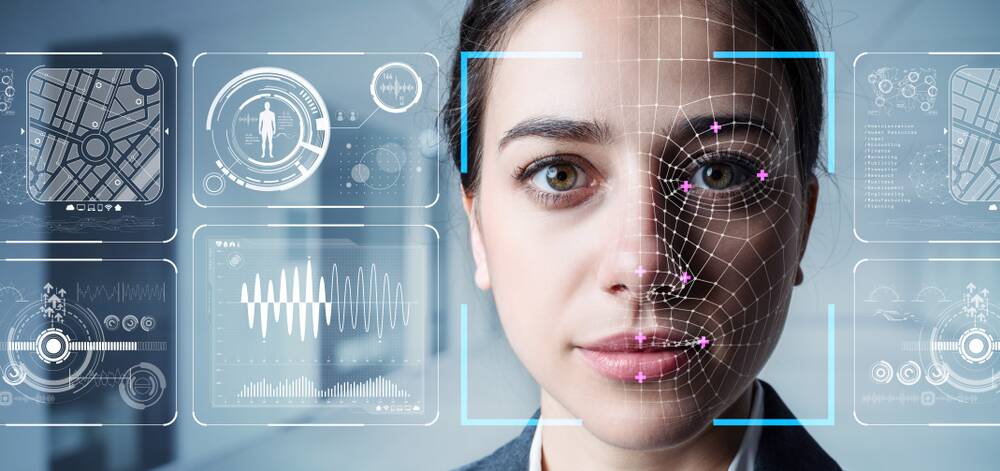How will AI affect the future of jobs in 2024-2034

Brought to you by Emmanuel Davis.
Every year, the buzz around AI seems to grow, and the question is not whether it will impact the world but rather how big it will be. Every industry seems to be affected by artificial intelligence, and a prominent sector that interests people is the job market.
So, here, we will put our focus on the future of jobs with AI - which industries will be impacted the most and what we can expect in the next decade. Read on for more!
How will AI shape the economy
According to research by prominent industries, AI has a great potential to increase global economic activity by around $13 trillion in the coming years. Some estimates say that by the time we get to 2030, we can expect a 16 per cent higher cumulative GDP.
In addition, more than 70% of companies are expected to embrace AI and use at least one type of such technology in the next decade. This means we can safely assume that this approach will be among the most disruptive in the global economic market.
Which jobs will likely suffer the most?
Since we established that the future of work is likely to go through some major changes in the next decade, we can now have a look at the jobs that are most likely to be replaced by AI tools or automation. Some of the following have already been heavily influenced, while others are yet to get the full AI treatment:
- Customer service representative: You might have noticed that many big companies now use AI bots for customer service. While this has benefits, there are still some issues, particularly with handling specific problems. As a result, there's not much demand for human customer service reps right now.
- Accountants: The future of careers for accountants is uncertain due to AI bookkeeping services. These services are efficient and cost-effective, making them a cheaper option than hiring human accountants.
- Salespeople: Cold calling is becoming less common thanks to digital marketing. Companies can now create personalised content for their target audience, reducing the need for traditional sales strategies.
- Analysts: The rise of AI tools means that data analysis tasks may not require human intervention in the future. Computers can now handle complex data analysis tasks effectively.
- Insurance underwriters: AI automation is changing the role of insurance underwriters. With AI assistance, the need for human underwriters is decreasing as automation can handle the analysis required for assessing insurance applicants.
- Retail: Automation is changing the retail landscape, but it may not be universally adopted, especially in less developed countries. Self-checkout stations are an example of this trend, but not all stores are embracing automation.
Will AI replace jobs?
Now, let's tackle a crucial question - how will AI affect jobs worldwide? While it may not please everyone, AI could replace over 300 million full-time jobs globally, which accounts for about a quarter of work tasks in Europe and the USA.
Despite job losses, the shift towards automation and AI isn't all negative. It brings new chances for growth and higher efficiency worldwide. As over 70 per cent of global companies are set to use AI help in some way, adapting is key. One clear example of adaptation is gaming platforms, where users can claim no deposit. This feature allows customers to enjoy games without upfront payment and have fun.
What about jobs that will never be replaced?
Let's share some uplifting news! You'll be pleased to hear that several jobs are unlikely to be negatively impacted by advancements in AI. Here are candidates for the biggest wins in the category:
- Teachers: Very often, our career and academic decisions are shaped by how inspiring a teacher has been, so there is no way an AI tool can be as impressive and inspiring.
- Lawyers and judges: Negotiation, strategy and case analysis are aspects that only the human mind can complete. A trial is inherently human, so utter chaos would likely follow if it becomes automated.
- Managers: Managing teams is a process humans can only do, as it is the only way workers can get inspired to achieve more. AI tools cannot streamline the company's mission and values.
- HR specialists: AI can help HR managers find good candidates, but hiring new professionals and managing organisational tasks requires a human touch.
- Psychologists and psychiatrists: It is a no-brainer, as you would hate going to an expert because of some mental health problems and finding an automated tool waiting instead of an expert.
- Artists and writers: By artists, we mean all that you can imagine - painters, musicians, storytellers, book writers, article writers and so on. Imaginative fine art simply cannot be replaced with an AI tool, as the personal style is what sells a song, book, article, etc.
Take advantage of emerging job opportunities
Overall, we can safely say that the era of AI is here, and there is no getting around it. You must ensure that you embrace the challenges and the opportunities that come with it and emerge as a better person, worker, and professional.
We strongly suggest you further enhance your skills - be agile and specialise in a particular area. Always be prepared to learn new AI tricks, tools and services, as you will likely need to use them - regardless of the job you will do in the future.
Various AI jobs are available, so why not stay ahead of the curve? Complete pieces of training and courses, and make sure you always upgrade your knowledge and be ready for whatever puzzles the AI world brings!


